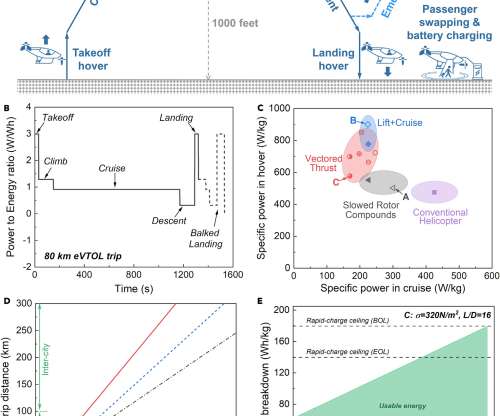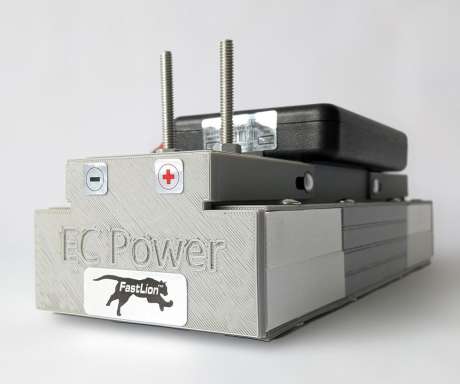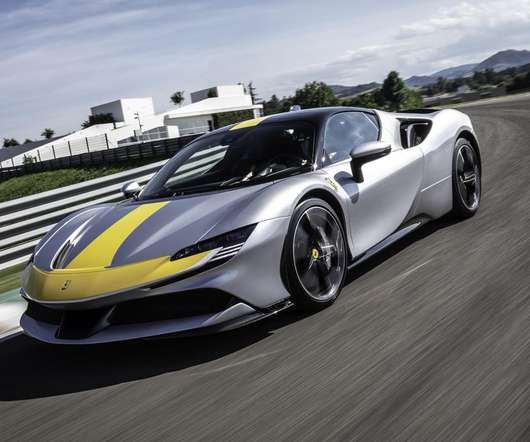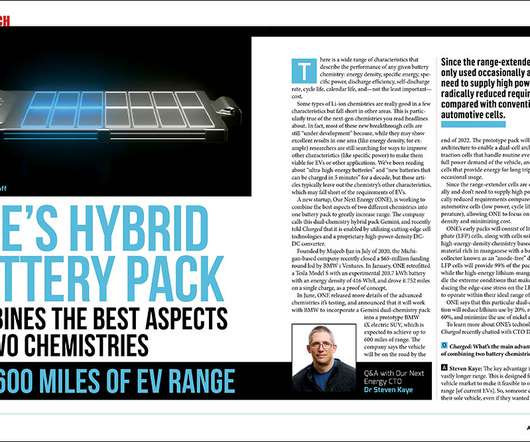UC Riverside team fabricates nanosilicon anodes for Li-ion batteries from waste glass bottles
Green Car Congress
APRIL 23, 2017
Researchers at the University of California, Riverside’s Bourns College of Engineering have used waste glass bottles and a low-cost chemical process to fabricate nanosilicon anodes for high-performance lithium-ion batteries. Coating the silicon nanoparticles with carbon to improve their stability and energy storage properties.



























Let's personalize your content